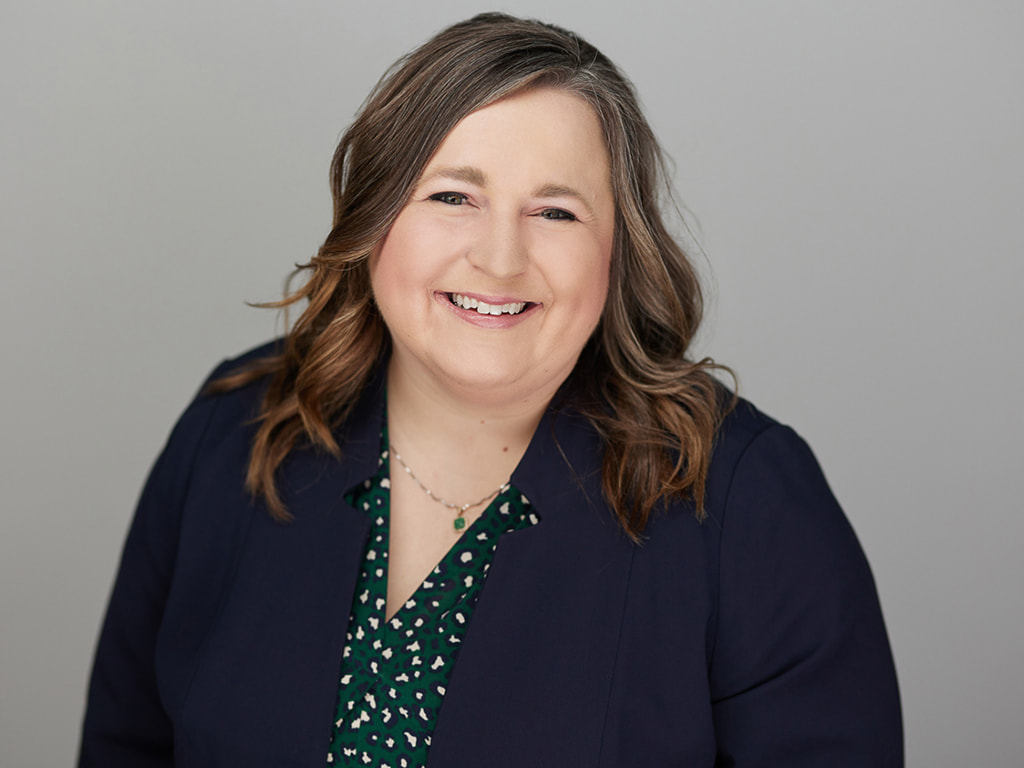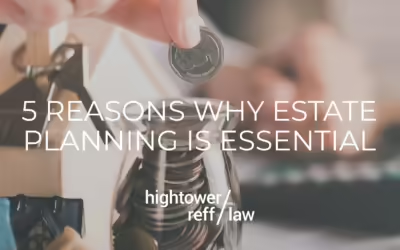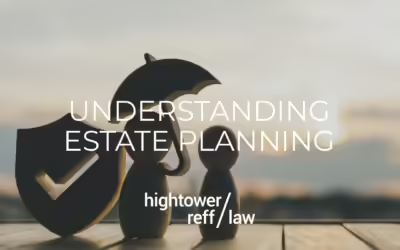An estate plan is not only for the wealthy or people with children — estate planning for single people is important, too (it might be even more important). Figuring out where you want your stuff to go after you die is important. You will also have to determine who you want to take care of you if you become disabled or incapacitated and unable to make your own decision. As a single person, there are several key areas you should consider when starting your estate plan.
Where To Focus When Estate Planning for Single People
Intestacy rules will determine where your stuff goes if you don’t have a will.
If you die without a will and you own assets with a total value that exceeds your debts, then laws called “intestacy” will determine who gets your stuff. Intestacy laws in each state are unique and not designed to consider your wishes. In the event that you have lots of assets, passing away without a basic will can create long probate court battles for those surviving you.
A basic estate plan will instruct your loved ones what to do with your stuff.
A basic will allows you to decide who gets what and who will be in charge of the distribution of your assets. A basic will names a personal representative who will be in charge of handling your estate when the time comes. By signing a will, you can do things like leave money to friends, donate to your favorite charity or provide a nest egg to care for your pets.
A power of attorney will provide guidance on decisions surrounding your health and finances when you are unable to make decisions.
There are two kinds of powers of attorney — health and finance. Having each of these documents can go a long way in preventing the necessity of a guardianship or conservatorship over you as an adult. By signing a power of attorney, you can pick someone to make financial and/or healthcare decisions for you when you are unable to do it for yourself.
When the time comes to get married, consider a prenuptial agreement.
A prenuptial agreement is a contract created before two people are married in which all the property (and sometimes debts) each person owns is listed. It specifies what each person’s rights to the property will be if the marriage ends, by divorce, separation or death. If you are in the process of planning your wedding, it is a good idea to have a conversation with your fiancée about the future and how you wish to move forward financially.
This article should not be construed as legal advice. Situations are different and it’s impossible to provide legal advice for every situation without knowing the individual facts.




